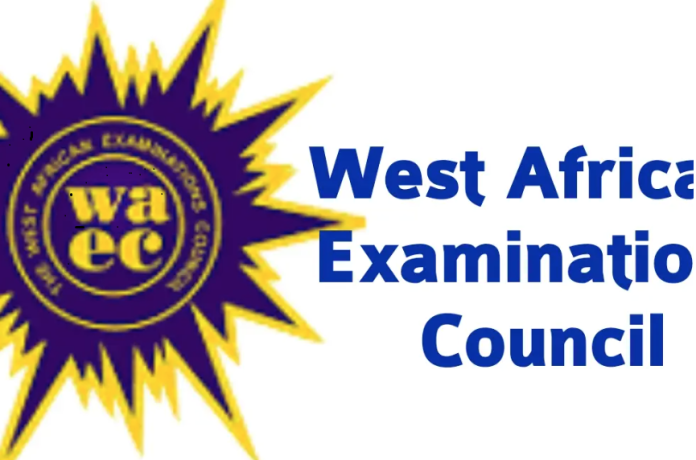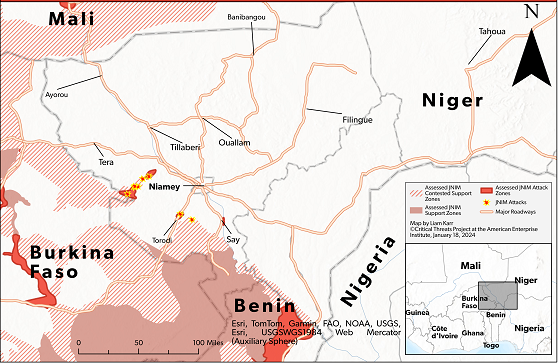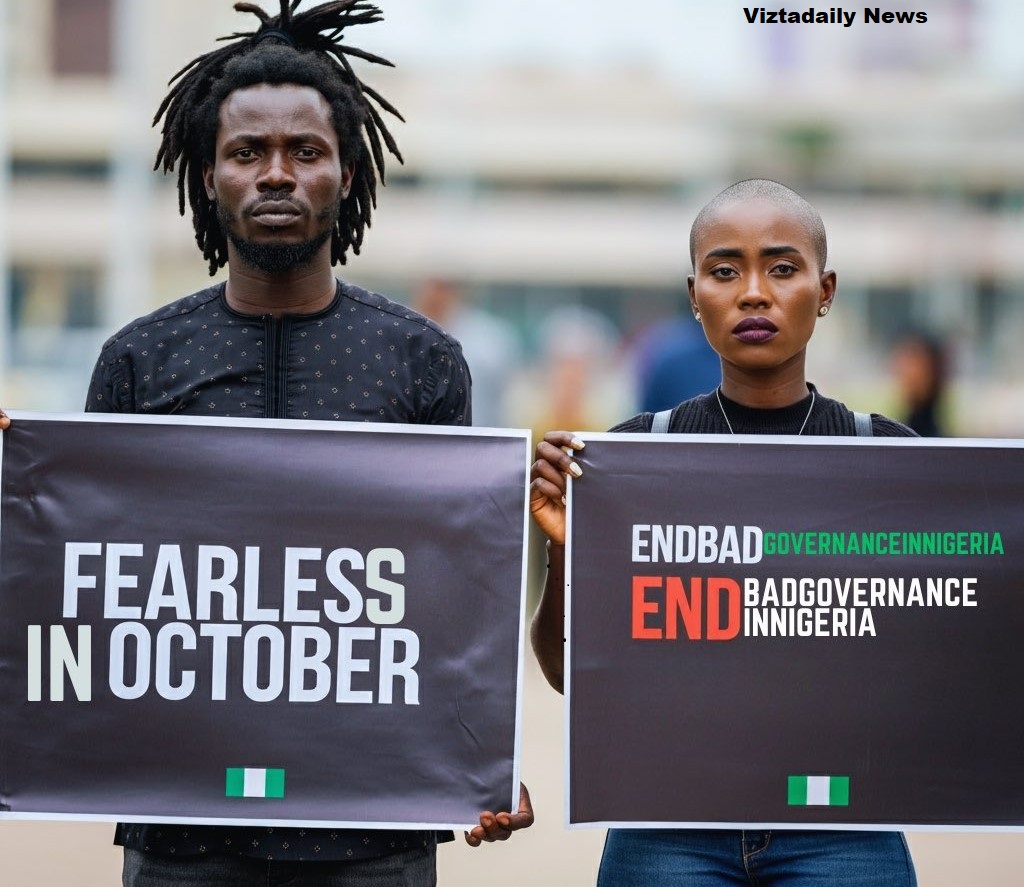The hashtag #FearlessInOctober has emerged as a rallying cry for activism and social change, particularly in Nigeria, where it signifies a renewed push for accountability, justice, and reform. This blog post will delve deeply into the origins, significance, and implications of this movement, while also providing insights into how individuals can engage with it meaningfully.
Understanding the Context
The #FearlessInOctober movement is rooted in the socio-political landscape of Nigeria, where citizens have increasingly expressed dissatisfaction with government policies, corruption, and economic hardship. The movement gained momentum as activists organized protests to demand better governance and reforms.
Historical Background
- End SARS Protests: The #EndSARS protests in October 2020 marked a significant turning point in Nigerian activism. Citizens took to the streets to protest against police brutality, leading to widespread international attention.
- Continuing Struggles: Despite the protests’ initial success in bringing attention to police violence, many issues remain unresolved. Economic instability, insecurity, and corruption continue to plague the nation.
The Significance of October
October holds special significance in Nigeria for several reasons:
- Independence Day: October 1st marks Nigeria’s Independence Day, a day that symbolizes freedom and self-determination. However, many citizens feel that true independence has not been achieved due to ongoing socio-economic challenges.
- A Month of Reflection: October serves as a time for reflection on past struggles and a renewed commitment to fighting for a better future.
Key Themes of #FearlessInOctober
The movement encapsulates several critical themes that resonate with a broad audience:
1. Courage and Resilience
Activists emphasize the importance of courage in the face of adversity. The term “fearless” embodies the spirit of standing up against oppression and injustice.
2. Collective Action
#FearlessInOctober encourages unity among citizens from diverse backgrounds. Collective action is seen as vital for effecting real change.
3. Accountability
The movement calls for accountability from government officials and institutions. Citizens demand transparency and responsibility in governance.
4. Youth Empowerment
Young people are at the forefront of this movement, utilizing social media to mobilize support and spread awareness about their causes.
How to Get Involved
Engaging with the #FearlessInOctober movement can take various forms:
- Participate in Protests: Join local protests or rallies organized under this banner to show solidarity.
- Use Social Media: Amplify the message by sharing posts related to the movement on platforms like Twitter, Instagram, and Facebook.
- Educate Others: Share information about the movement’s goals and significance with friends and family to raise awareness.
- Support Local Activists: Contribute to grassroots organizations that align with the movement’s objectives through donations or volunteer work.
Social justice activism
Advocating for and promoting social justice through activism efforts.Advocating for and promoting social justice through activism efforts requires a deep commitment to understanding the systemic inequalities that plague our society. It is about amplifying marginalized voices, challenging oppressive structures, and fostering a sense of solidarity among diverse communities. Each action taken—whether through peaceful protests, educational workshops, or community organizing—serves to dismantle the barriers that prevent equity and inclusion.
By engaging in meaningful dialogues and fostering relationships with those who have been historically silenced, activists not only raise awareness but also empower individuals to reclaim their narratives. The journey towards justice is not linear; it encompasses setbacks and victories alike. Thus, resilience becomes a cornerstone of this movement, reminding us that change, while often slow, is undeniably possible.
Nigerian protests
Protests in NigeriaProtests in Nigeria have become a significant expression of the populace’s discontent, reflecting deep-seated issues that have long plagued the nation. From the streets of Lagos to the corners of Enugu, citizens have gathered with one voice, demanding accountability and systemic change. The catalyst for these demonstrations often winds back to corruption, police brutality, and economic hardship, which have collectively fueled a sense of frustration among the youth, the backbone of the movement.
The #EndSARS protests serve as a stark reminder of the power of collective action, as thousands took to the streets to call for an end to the Special Anti-Robbery Squad, a unit infamous for its brutality. What began as a localized outcry quickly escalated into a nationwide movement, drawing international attention and solidarity. Social media became a battleground for awareness, with hashtags trending worldwide, illuminating the struggles faced by Nigerians.
Youth empowerment
Youth empowermentYouth empowerment is more than just a buzzword; it represents a fundamental shift in how societies view and engage with their younger generations. It embodies the belief that young people possess the potential to shape their futures and contribute meaningfully to their communities if given the right tools and opportunities.
At its core, youth empowerment fosters an environment where young voices are not only heard but valued. It encourages them to pursue their passions, explore their identities, and cultivate critical thinking skills. By investing in education, mentorship, and skills training, we create pathways for youth to transition from mere dreamers to active change-makers.
Accountability in governance
Accountability in governanceAccountability in governance is not merely a principle; it is the backbone of a functioning democracy. It ensures that those in power are answerable to the people they serve, promoting transparency and fostering trust within the community. When leaders are accountable, citizens are empowered to voice their concerns and expectations, creating a dialogue that strengthens the relationship between the government and its constituents.
In practice, accountability manifests through various mechanisms, such as regular audits, public reporting, and the establishment of independent oversight bodies. These tools are essential in preventing corruption and mismanagement, as they hold individuals and institutions accountable for their actions. Moreover, an informed electorate is crucial; citizens must have access to information that enables them to make educated decisions about their leaders and policies.
Police brutality awareness
Police brutality awarenessPolice brutality awareness is a crucial aspect of our societal discourse, demanding urgent attention and action. The stark realities faced by marginalized communities expose systemic failures within law enforcement practices, prompting a collective outcry for justice and accountability. Each incident of excessive force not only inflicts physical harm but also deepens the psychological scars within communities that already bear the weight of historical injustices.
Grassroots movements and advocacy groups play an indispensable role in elevating these voices, illuminating the narratives that often go unheard. Through protests, social media campaigns, and legislative advocacy, they challenge the status quo and insist on transparency from institutions that wield immense power.
Civic engagement
Civic engagementCivic engagement is the cornerstone of a healthy democracy, fostering a sense of community and responsibility among citizens. It encompasses a wide array of activities, from voting in elections to participating in local initiatives or advocating for social causes. By actively engaging in civic life, individuals not only voice their opinions but also contribute to the collective decision-making that shapes their society.
Participation can take many forms—attending town hall meetings, joining community organizations, or volunteering for nonprofits. Each act of engagement, no matter how small, can inspire others and create a ripple effect, amplifying the impact of civic involvement. Moreover, engaging with diverse perspectives enriches public discourse and helps bridge divides, fostering a more inclusive environment for all voices.
Transparency in government
Transparency in governmentTransparency in government is not just a buzzword; it is a fundamental pillar of democracy that fosters accountability and trust between the governing bodies and the citizens they serve. When the actions, decisions, and motivations of government officials are open to public scrutiny, it cultivates an environment where ethical behavior is encouraged and malfeasance is discouraged.
Moreover, transparency empowers citizens by providing them with the information necessary to engage with their government meaningfully. Access to data—whether it pertains to budgets, policy decisions, or public services—enables individuals to hold their leaders accountable and participate actively in civic life. It is through this engagement that the government can better reflect the needs and desires of its people.
Conclusion
The #FearlessInOctober movement represents a powerful call for change within Nigeria. It encapsulates themes of courage, collective action, accountability, and youth empowerment. As citizens rally together under this banner, they not only honor past struggles but also pave the way for a more just future. Engaging with this movement is crucial for those who seek to contribute positively to society.
By understanding its significance and actively participating in its initiatives, individuals can help foster a culture of accountability and reform that resonates beyond Nigeria’s borders. As we move forward into October and beyond, let us embody the spirit of fearlessness that this movement champions.



